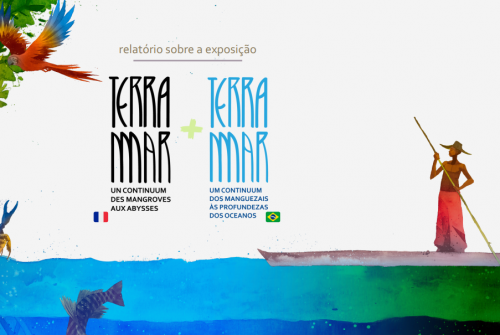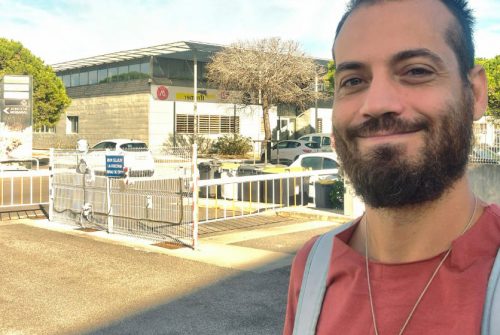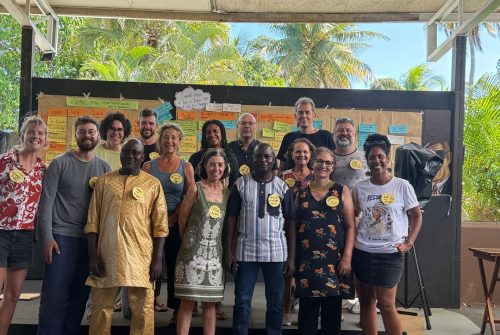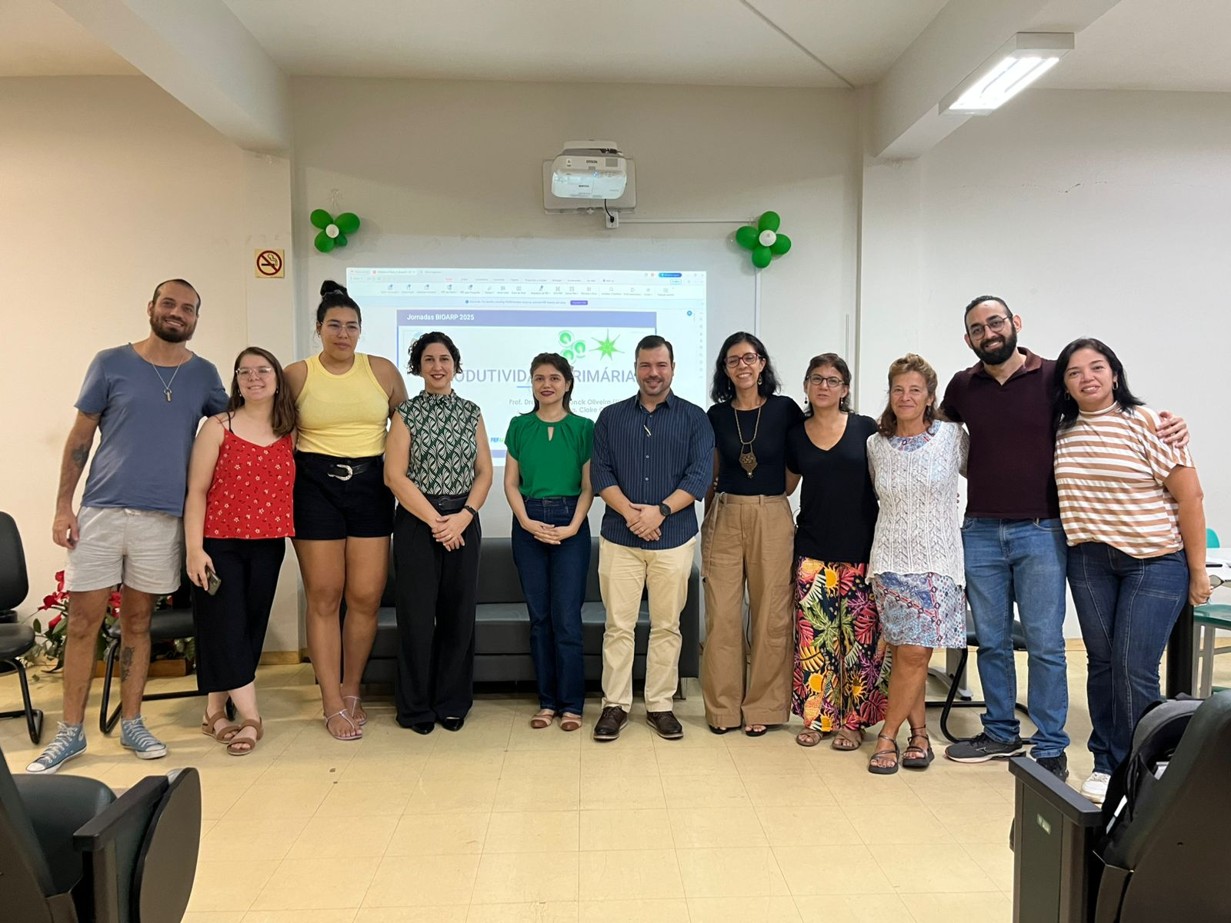
From August 25th to 30th, the BIOARP expedition – “Biodiversity patterns in the Amazon River plume: a transdisciplinary approach” – was organized in partnership between ISARH-UFRA (Belém, Brazil) and IRD Brazil, with funding from the FEFACCION project. Integrated into the activities of the International Joint Laboratory TAPIOCA, the initiative combines scientific research, training, and outreach on the physical, biogeochemical, and ecological impacts of the Amazon plume in the context of global change.

The first edition, designed as a summer school, took place from August 5th to 9th, 2024, and focused both on conducting scientific seminars – aimed at better understanding each participant’s research work and presenting emerging techniques in marine ecology – and on training in plankton sampling methods. Special attention was also given to science-society dialogue, in order to understand the expectations of coastal communities and learn about their perceptions regarding the impacts of global changes on aquatic ecosystems.
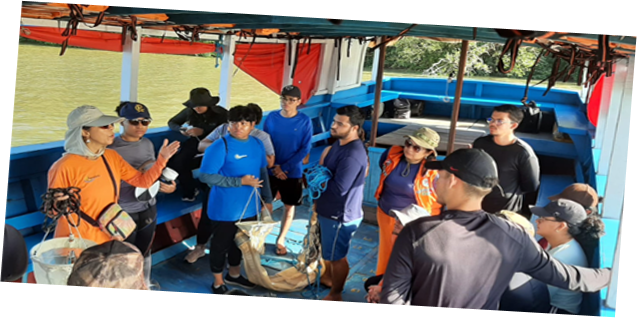
The second edition deepened these exchanges, prioritizing discussions with local communities about the possibility of building a participatory observatory of biodiversity in the mouth of the Maracanã basin (Pará), within the Extractive Reserve. These interactions between scientific knowledge and traditional wisdom made it possible to identify a gradient of environments relevant for observation and study, related to mangrove distribution and crab harvesting — one of the region’s main resources — which begins its life cycle as planktonic larvae. As a result, a preliminary sampling plan was developed for planktonic communities and physicochemical conditions, with the aim of providing a baseline description of this ecosystem for future monitoring efforts. It also offered practical training to students and local managers, with the potential to ensure continuity of the work. In parallel, BIOARP promoted outreach activities in schools in the municipality of Maracanã and in the island village of Fortalezinha, broadening knowledge about plankton among younger generations and thus strengthening ocean literacy in the region.
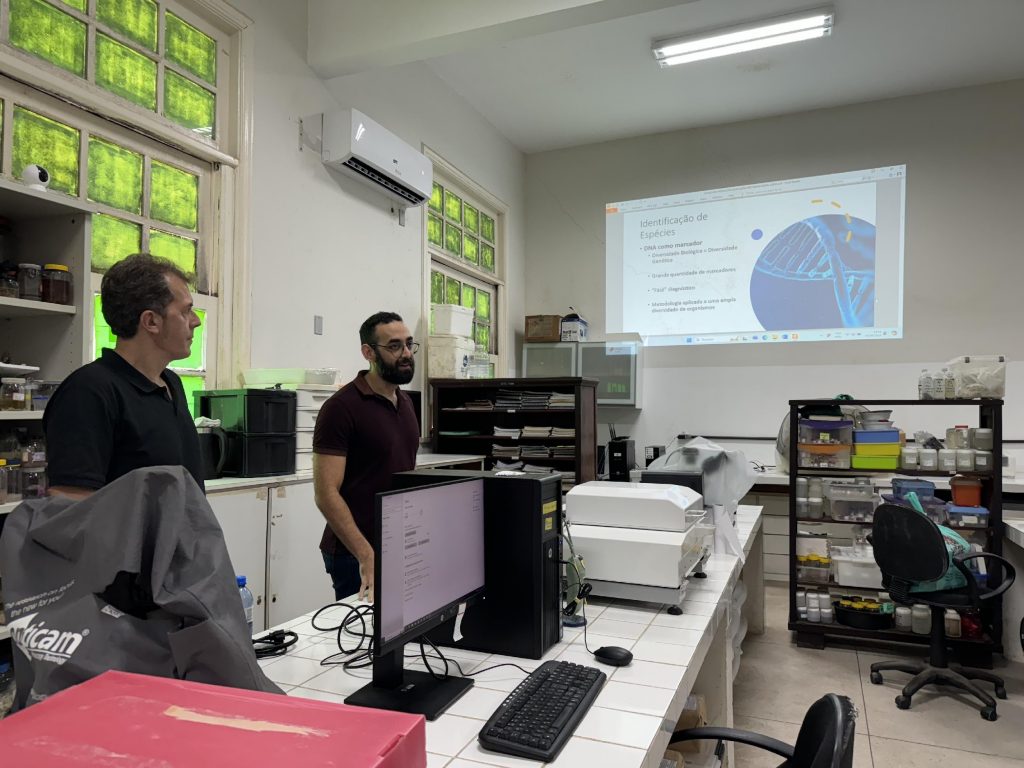
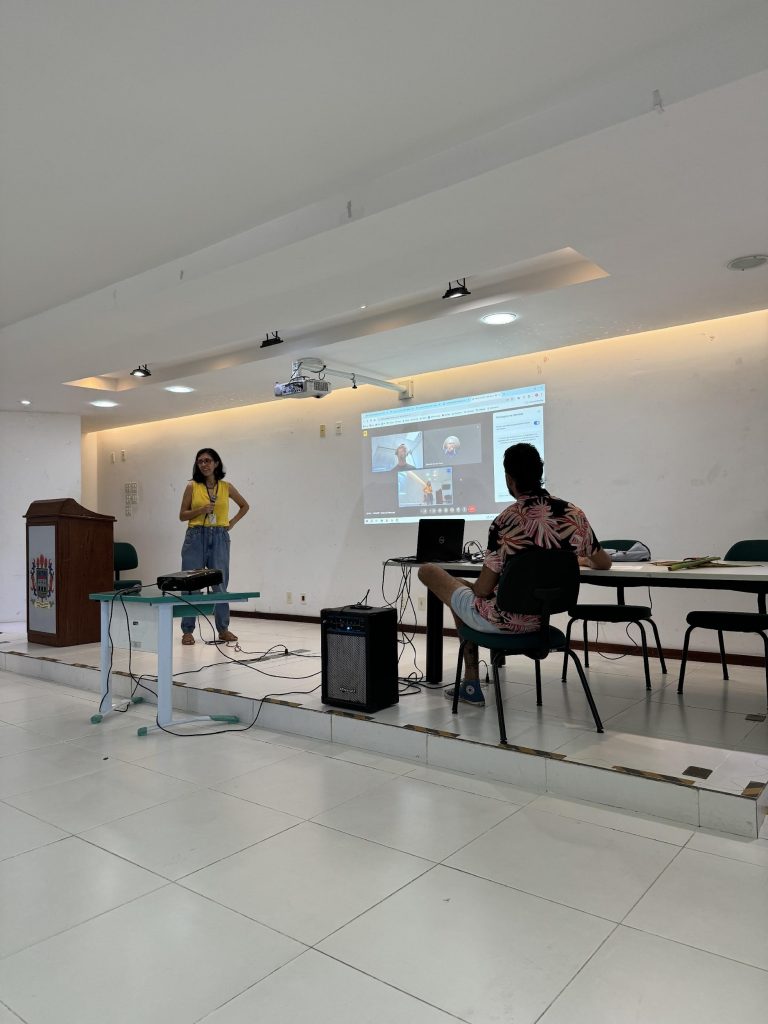

2025 Participants:
- Claire Carré – IRD UMR MARBEC (coordinator) – claire.carre@ird.fr
- Xiomara Díaz – UFRA (coordinator)
- Gabriela Figuereido – UFPE
- Camila Artana – IRD UMR LOCEAN
- Martine Couapel, IRD UMR MARBEC
- Barbara Dunck – UFRA
- Everton Tosetto – UFPE
- Paula Campos – UFRA
- Edson Vasconcelos – UFRA
- Bianca Bentes – UFPA
- Hericton Raiol, teacher and head of the school science club (contact during Maracanã activities)
- Mayara Alves de Brito, teacher and head of the school science club
- Trícia Palheta, Coordinator of Civil Defense for Maracanã municipality
- Students from schools in Maracanã and Fortalezinha
- Plankton ecology students from UFRA and UFPA



